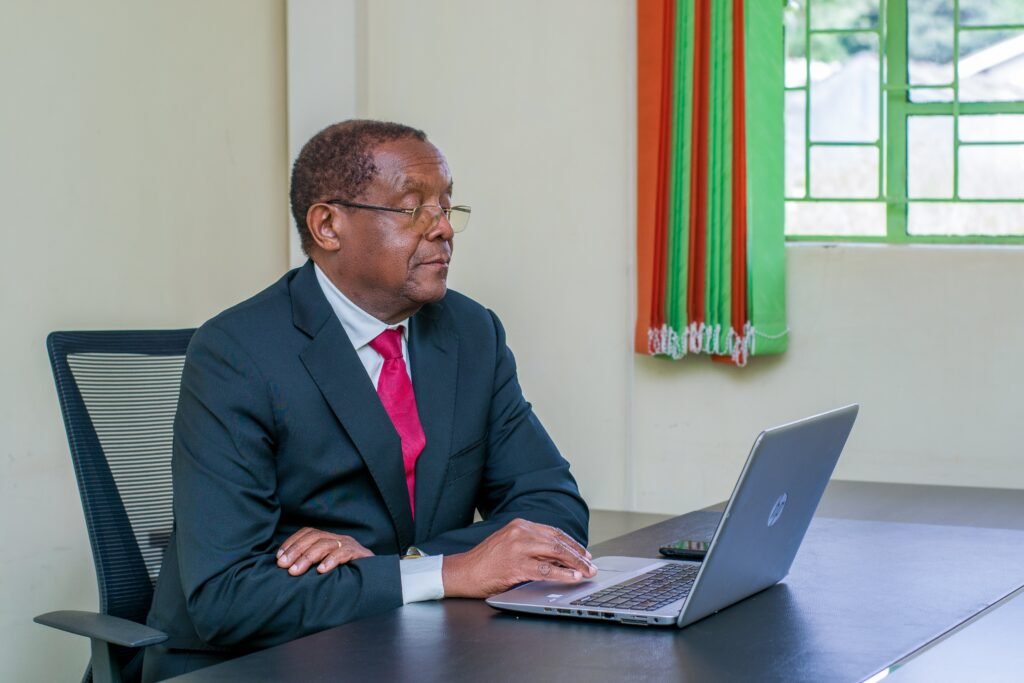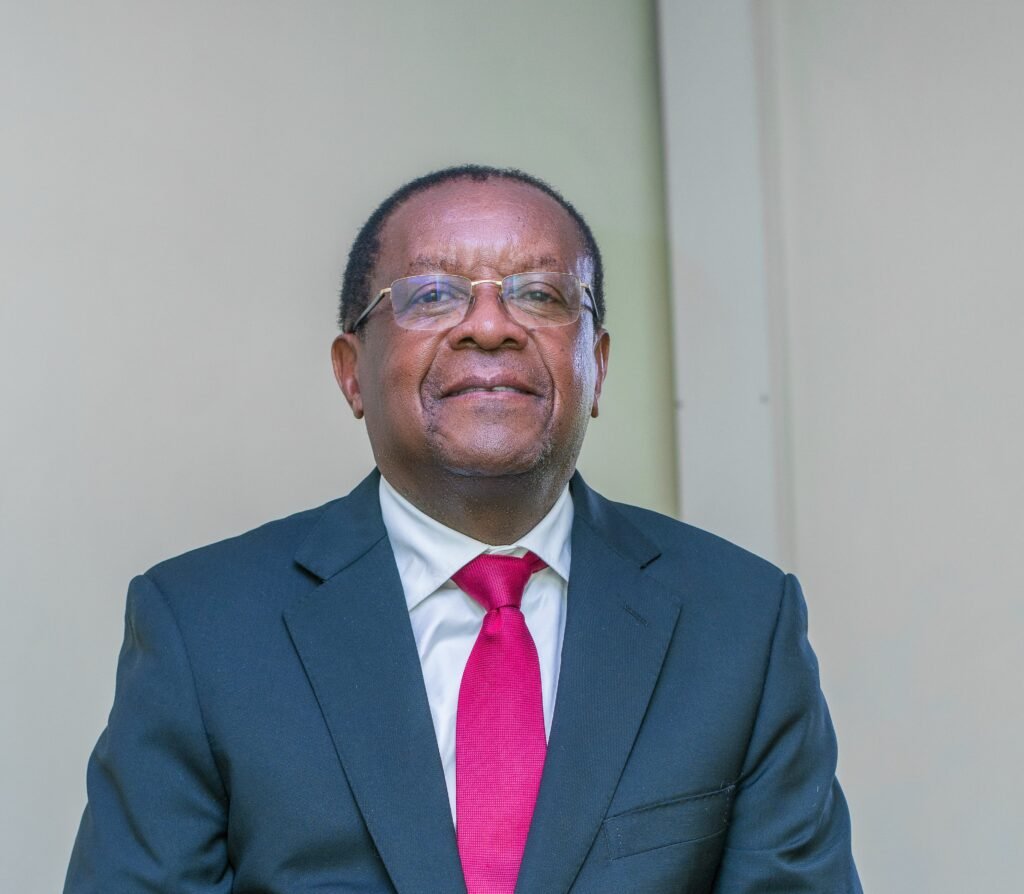After more than 30 years in Kenya’s public service – 14 of that in senior management and administration roles – he is currently a senior adviser on strategy and partnership at Syngenta Foundation, and sits on multiple boards in the agricultural sector.
He has represented Kenya in various capacities on regional, African and international agriculture sector committees and fora, and contributed 36 publications in refereed journals, technical reports and refereed conference proceedings.
Dr. Songa holds a PhD in Plant Pathology from the University of Reading, UK, a Master of Science in Crop Science from Wageningen Agricultural University in the Netherlands, and a Bachelor of Science degree in Agriculture from the University of Nairobi, and has attended various professional development programmes.
His illustrious career started off ) in 1981 as a research scientist at the Kenya Agricultural Research Institute (KARI), now Kenya Agricultural and Livestock Research Organisation (KALRO He thereafter joined Kenya Plant Health Inspectorate (KEPHIS) where he rose through the ranks to General Manager, Phytosanitary Services between 1998 and 2003. “I was transferred from KALRO to KEPHIS-Muguga and at this time, KEPHIS was just starting as a new institution.
This was some kind of a different space for me as I was used to research. By the time I was leaving KALRO-Katumani I was a consultant in soil-borne pathogens in East and Central Africa. Now I was being taken to offer different kind of services that I was not quite familiar with,” Dr Songa says.
In 1999, he was selected for the Cochran Fellowship programme, which supported scientists from middle-income countries, emerging markets and emerging democracies for short-term training programmes on phytosanitary services in the US. “Kenya had just embarked on a journey to enhance phytosanitary measures


